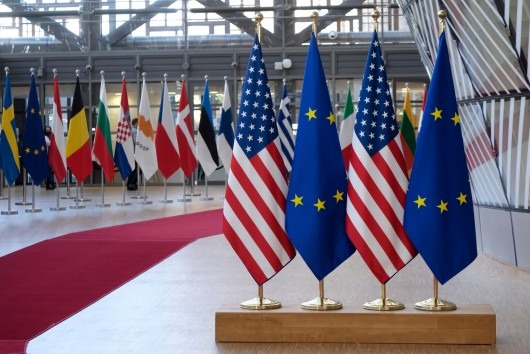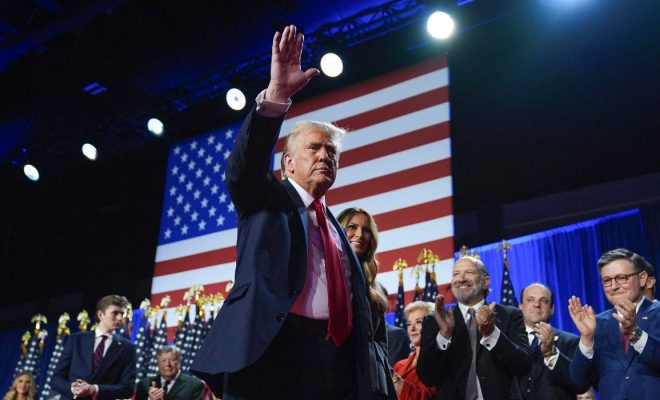US Trade Policies with EU Expected to Shift

The United States’ trade relationship with the European Union is poised for significant changes in the coming years. As the new administration takes office, experts anticipate a shift in priorities and approaches to transatlantic trade negotiations.
Current State of US-EU Trade
The US and EU have long been key trading partners, with a relationship that accounts for nearly one-third of world trade in goods and services. However, recent years have seen increased tensions due to:
- Tariffs on steel and aluminum
- Disputes over subsidies to aircraft manufacturers
- Digital services taxes
- Regulatory differences
Expected Policy Shifts
- Renewed Cooperation
- The new administration is likely to seek a more collaborative approach with European allies.
- There’s potential for reviving stalled trade talks and addressing mutual concerns.
- Focus on Specific Sectors
- Technology and digital trade are expected to be at the forefront of negotiations.
- Green technologies and sustainable practices may become key areas of cooperation.
- Alignment on China
- Both the US and EU share concerns about China’s trade practices.
- A united front on issues like intellectual property protection and state subsidies is anticipated.
Challenges Ahead
Despite the potential for improved relations, several challenges remain:
- Lingering Disputes: Resolving ongoing trade conflicts, such as the Boeing-Airbus subsidy dispute, will be crucial.
- Regulatory Differences: Harmonizing standards in areas like data privacy and agricultural practices will require careful negotiation.
- Domestic Pressures: Both sides face internal political pressures that may complicate trade talks.
Implications for Businesses
As policies shift, businesses on both sides of the Atlantic should prepare for:
- Potential changes in tariff structures
- New opportunities in emerging sectors
- Evolving regulatory landscapes
Conclusion
While the exact nature of the changes remains to be seen, it’s clear that US-EU trade policies are entering a new phase. Businesses and policymakers alike will need to stay informed and adaptable as the transatlantic trade relationship evolves in the coming years.






